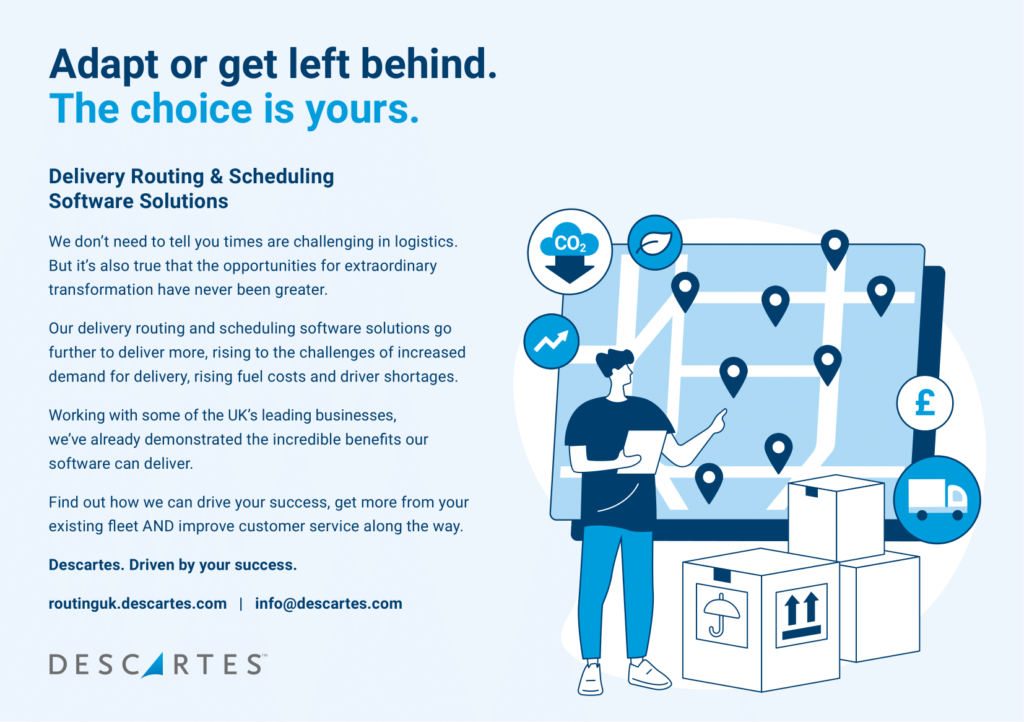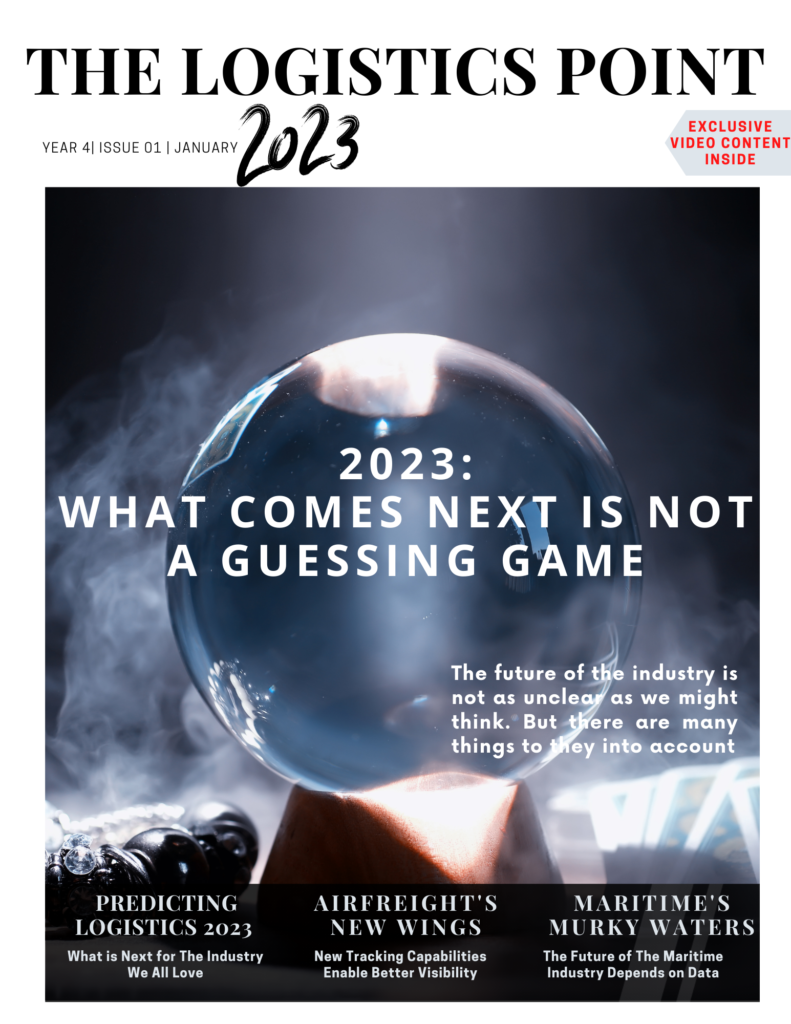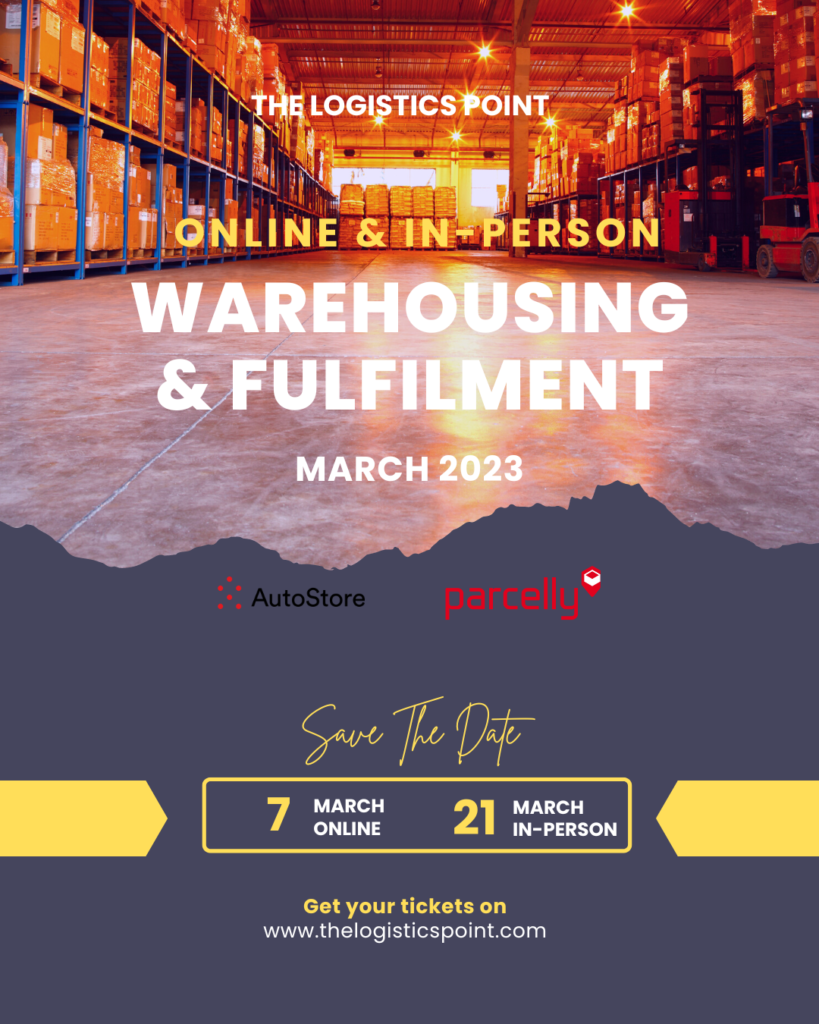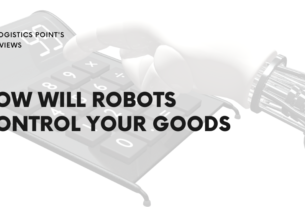Today at the World Economic Forum Annual Meeting in Davos, Smart Freight Centre and the World Business Council for Sustainable Development (WBCSD) released a new guidance to advance the quantification and sharing of logistics emissions and support the logistics industry on their journey to net-zero emissions. The two organizations are united in a mission to increase transparency on logistics emissions and work towards a net-zero logistics sector.

The objective of this guidance, titled End-to-End GHG Reporting of Logistics Operations, is to enable companies to better understand and track their logistics emissions on a granular operational level and seeks to quantify the footprint of end-to-end logistics emissions, from supplier to final customer, with focus on primary data calculations.
Special focus was dedicated to multimodal logistics solutions, including ocean, road, train and air transportation. It sets out the data requirements, introducing a data quality index and the associated assurance requirements to support businesses in the implementation of their decarbonization strategies.

This guidance builds upon and complements two existing frameworks. The first being the Smart Freight Centre’s Global Logistics Emissions Council (GLEC) Framework 2.0 – the globally recognized methodology for accounting and reporting of logistics emissions. The second being the WBCSD’s Pathfinder Framework – the guidance for accounting and exchange of product life cycle emissions.
Supported by the World Economic Forum, and McKinsey Sustainability as its knowledge partner, in partnership with over 30 leading global organizations, this consortium is taking the next steps in achieving net-zero logistics by launching an actionable and implementable guidance. Different use cases and associated business challenges in quantifying logistics emissions submitted by participating companies acted as a key reference in addressing different aspects of logistics operations.

In practice, the guidance provides solutions to core challenges faced in reporting of logistics emissions: reporting at a customer required level and from network operations; the combination and comparison of Scope 3 data with varying levels of granularity and differing reporting methodologies used; and, finally, a recommended assurance process to increase trust and confidence.
This guidance is a springboard to further increase carbon visibility by enhancing emission data sets and the exchange of emission data that can be deployed in the industry.
The organizations that participate in this initiative are:
A.P. Moller – Maersk, ADEME, ALDI SÜD KG, Amazon, APL Logistics, CEVA Logistics, The CMA CGM Group, Convoy, Dow Inc., GeoPost/DPDgroup, Deutsche Post DHL Group, EcoTransIT World, Global Climate Initiatives, IKEA Supply Chain Operations, Kuehne+Nagel, Nestlé, PSA, Posti Group Oyj, Schenker AG, Siemens AG, TK’Blue Agency, Transporeon, Unilever, Volkswagen Konzernlogistik
- “Transparency is a key enabler for efficient decision making and meaningful action to combat the climate crisis. Global supply chains include a wide range of players. They all need to work together to reduce emissions in transportation. We are proud to work with our customers, peers and experienced organizations on a guide to facilitate the exchange and communication throughout the value chain.” – Dr. Klaus Hufschlag, Senior Vice President CREST Finance Business Intelligence & Analytics, Deutsche Post DHL Group
- “With a net zero target by 2040 and over 95% emissions in Scope 3, it is of paramount importance for DB Schenker to have a unified and consistent emission calculation methodology applied throughout the transport chain. Not only as a set of rules but even more so as a “living practice”. This was our key motivation to join this project and to contribute with our long-standing expertise.” – Andrea Dorothea Schoen, Head of Business Sustainability and Customer Consulting, DB Schenker
- “As the world’s biggest food and beverage company, we are committed to use our global scale, resources, and expertise to contribute to a healthier future for people and the planet. We are committed to a science-based approach to emissions reduction. Having an industry standard for the quantification and exchange of distribution emissions is a key enabler for collaboration amongst all stakeholders to reduce emissions in a transparent and credible way.” – Antonia Wanner, Head of ESG Strategy and Deployment, Nestlé Group
- “Logistics and distribution account for around 15% of Unilever’s total greenhouse gas emissions footprint. By developing and adopting guidance to quantify logistics emissions from supplier to final customer, we can bring more transparency across our value chain. These new guidelines will facilitate industry collaboration, accelerate climate action, and help Unilever to track our progress on reaching net zero emissions by 2039. We’re proud to be at the forefront of this development.” – Reginaldo Ecclissato, Chief Supply Chain and Business Operations Officer, Unilever
- “At GeoPost/DPDgroup we’re pleased to have joined forces with over 30 companies on the end-to-end guidance project. As Europe’s largest parcel delivery network, committed to drastically reducing our CO2 emissions and to delivering low emission to 350 cities in Europe, we put our expertise in managing complex supply chain operations to work for our multiple customers and transport partners. We understand how challenging it can be to consistently quantify and allocate to the right level CO2 emissions from transport. The end-to-end guidance will bring enormous value to the transport value chain by facilitating the use of recognised methodologies and supporting the confidential exchange of operational data.” Jean-Claude Sonet, Executive Vice President, Marketing, Communications and Sustainability GeoPost/DPDgroup.
- The CMA CGM Group, a global player in sea, land, air and logistics solutions, is deeply committed to the development of responsible supply chains in partnership with the other actors in the ecosystem. As we consider the decarbonization of our activities to be a key objective of our strategy, having standardized reporting methodology and rules contributes to transparency and allows to compare our respective performances. From CMA CGM’s perspective, collaborating together is the best way to fight climate change. – Claire Martin, Vice President CSR, CMA CGM Group.
The Logistics Point is a Media Partner to Smart Freight Centre


